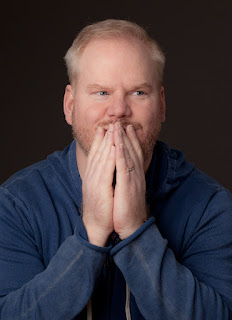I wrote a fight scene this week. I hate fight scenes. You mught think this is a bit of a problem in the fantasy genre, which often has battles and such, and the answer is yes, it is definitely a struggle for me. I know fight scenes are necessary. Action is exciting and can keep a reader interested in between dialogue and diplomacy that also has to happen.
When I was working on the second or third draft of my novel, Scripted, my Honors Thesis advisor told me I should cut out anything that didn't drive the plot along. He also said I needed to trim down scenes where there wasn't any action. I had a battle scene that I realized didn't really do anything for the plot, but I had already sent him my latest draft with this chapter in it. I fully expected him to tell me to cut it. Insteas he sent it back with the comment, "Yes! Action! This is great!" Something like that.
So action is important. And who doesn't like a good fight scene? My problem is the choreography. You don't want a fight to end too quickly. If someone gets knocked out or wins too soon, it can be a let down. However, if I let things get out of hand, sometimes I can't find my way out of a fight and it ends lamely. Like someone tripping over a rock lame.
The mechanics of fights can be difficult, too, especially if weapons are involved. The chapter I wrote this week did not have weapons, but I still struggled even knowing where to start.
So here's what I did: first, I sat on it. I let some ideas come and go as I pondered some interesting things that could happen in the fight. I did zero writing that day, I just thought.
The next day, I typed up some of the best ideas from the day before, including the way I wanted the fight to end. That way I could at least try to wrap things up in a way that led to that ending.
The next day I still was not feeling excited about writing the scene but I made myself write at least one paragraph.
And stuff actually started flowing. I incorporated a few of the ideas I had writtwn previously, and got about half-way through the chapter. The next day, I finished it, with the ending I had planned. A few things got changed to make it flow better, and then it was done.
I can't tell you how good it feels to be done with that chapter! I don't want to say I dread action scenes, they're just not the easiest thing for me to write. Having a plan can help, though.
What are some of your most difficult scenes to write? What helps you get them done?



